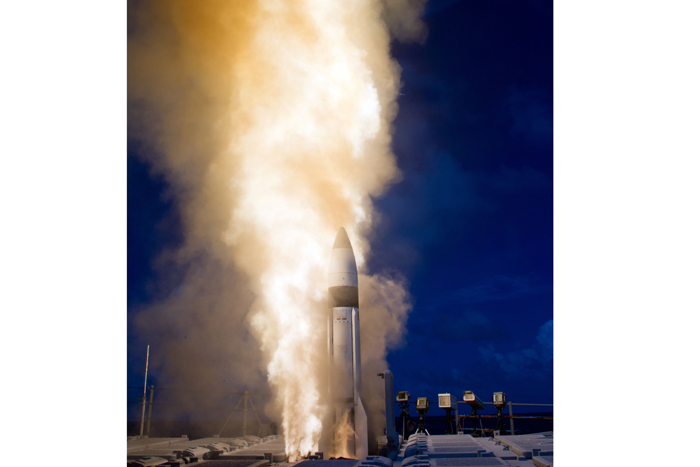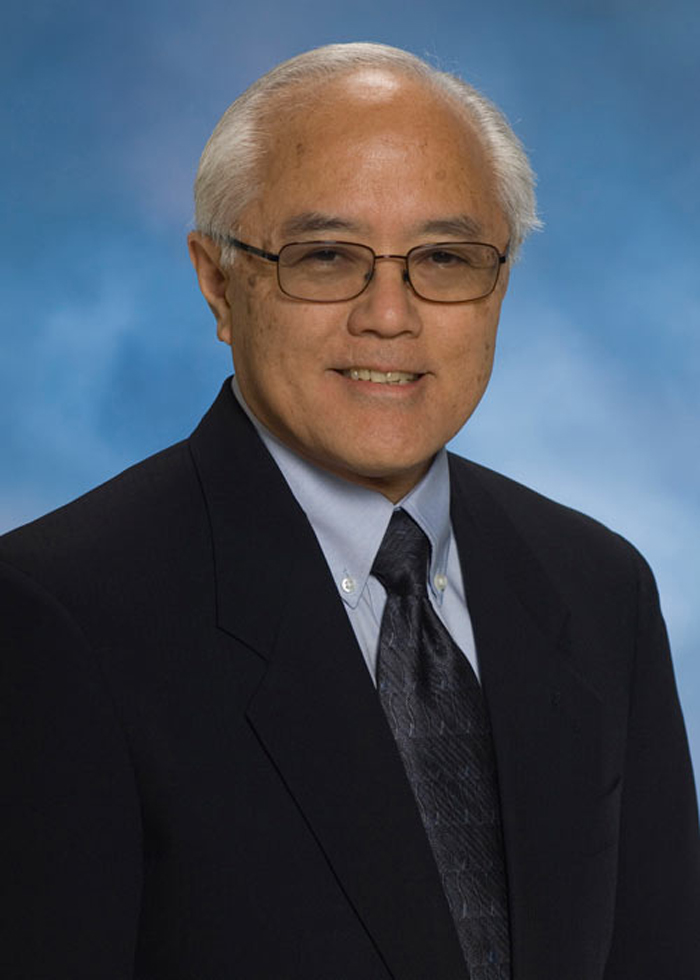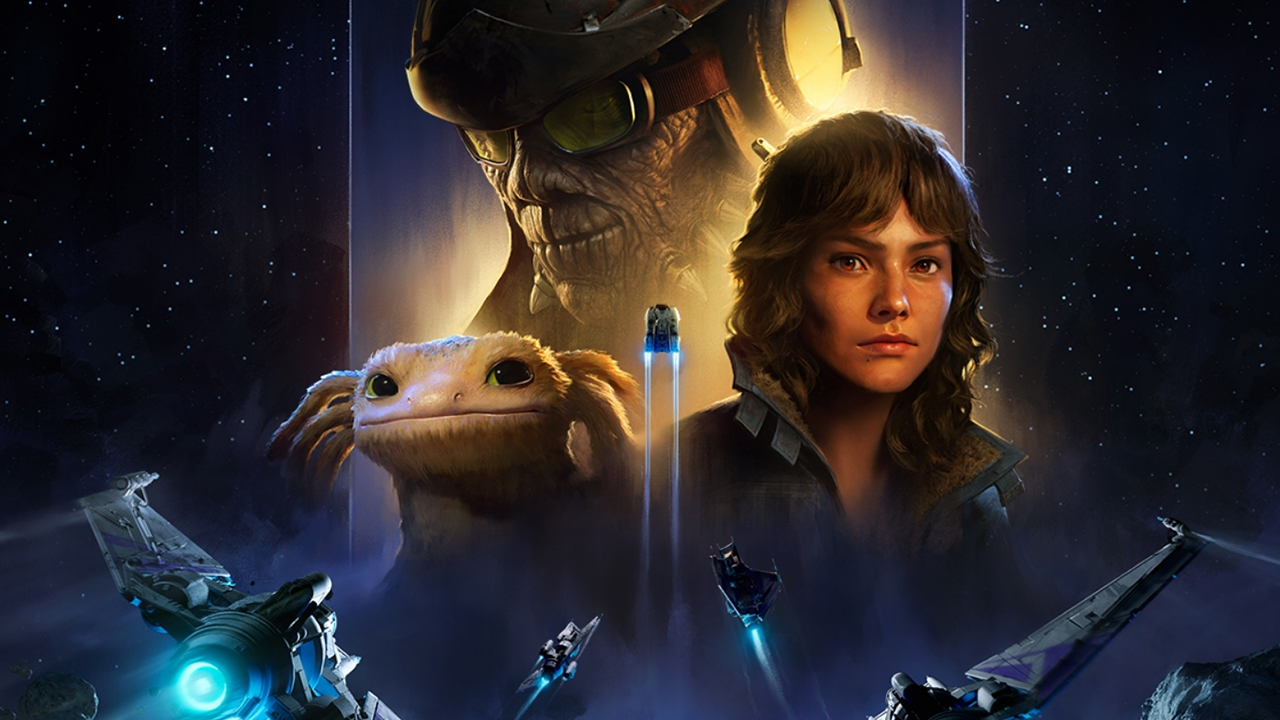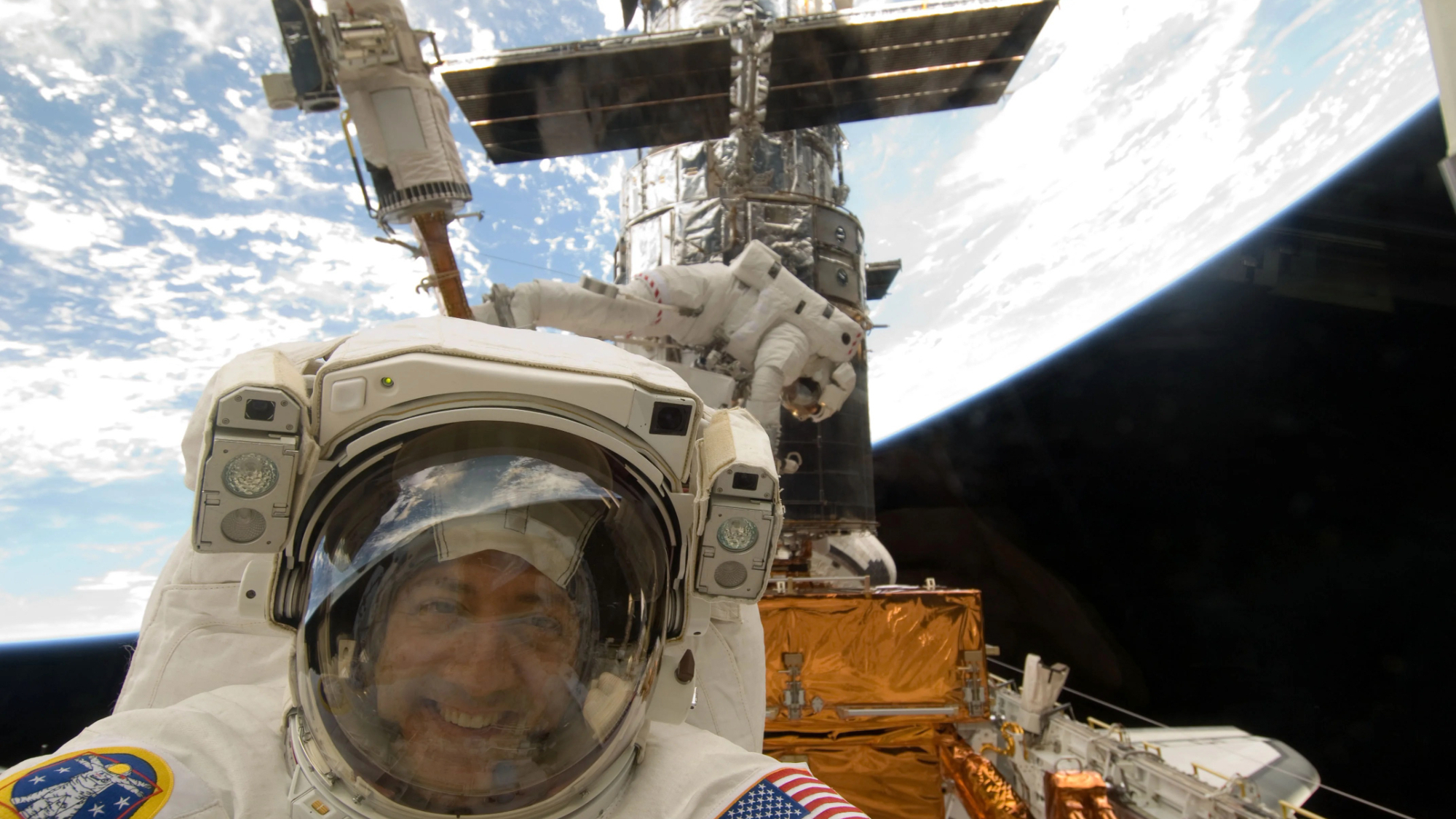
Launching the Next Wave of Rocket Builders (Op-Ed)

Edward Miyashiro is vice president of the Raytheon Company Evaluation Team at Raytheon Co. He has worked in the defense and aerospace industry for 40 years. He contributed this article to Space.com's Expert Voices: Op-Ed & Insights.
When I was 6 years old, I took apart a wind-up alarm clock — down to the last piece — because I loved learning how things worked. I remember my mother not being very happy, but letting me do it, even though I couldn't put it back together. I was always tinkering and taking things apart, discovering how things were built, assembling plastic models and making things with my Lincoln Logs and erector set.
In my later school years, I enjoyed math — it was so dependable and clear. You had a problem, and it needed a solution: The challenge was to figure out which combinations of numbers and functions would solve it. At the same time, science classes helped me understand more about everything around me.
For 40 years now, I've been lucky to work as an engineer, learning every day about how things work — just like I did when I was 6. It's been a fascinating and rewarding career. I've been on teams that have created important and complex systems that do amazing things. I've even had the opportunity to design and build rockets and missiles, a wonderful gift for a kid who grew up dreaming about flights into space.
Working on relevant and high-tech weapons has been a passion of mine for much of my career. I've had a chance to work alongside incredibly creative and interesting professionals to develop the technology and capability for ballistic missile defense, ship and fleet defense, ground combat and air-dominance missions. [Orbital Sciences' Private Antares Rocket: 5 Surprising Facts ]
I'm proudest of my work on the Standard Missile-3, a ballistic missile-defense interceptor that takes out short- to intermediate-range ballistic missile threats in space. In 2008, the SM-3 drew worldwide attention when it destroyed a dying satellite full of toxic fuel headed for Earth from space.
My career as an engineer has constantly evolved, been intellectually rewarding and a continuous learning experience. It has also given me a chance to visit places all over the world, and meet people from many different cultures. To say it's been challenging and fulfilling would be an understatement.
Get the Space.com Newsletter
Breaking space news, the latest updates on rocket launches, skywatching events and more!

Inspiring kids to love science and math
As a kid in school, we used slide rules and compasses. Today, kids use computers whose speed and computing capabilities are difficult to comprehend. Technology will continue to advance. You can either stand by and watch it advance or you can play a part in leading and creating technological change.
Think about tools people use every day, like smartphones and tablets, or those on the near horizon, like self-driving cars and Internet-connected eyeglasses. These are tools being created, improved and driven by technologists — people with backgrounds in science, math and engineering. These are exciting, challenging, interesting careers — and these inventions, at the cutting edge of scientific fields, are helping to inspire young people to take first steps toward those careers.
For me and many of my colleagues, it was the space program and the race to put a person on the moon that took my interest in science and math to a higher level. Growing up, I loved music, cars and sports, but for a kid like me in the 1960s, the NASA space program presented a real-life adventure to a whole new frontier. I followed the Mercury, Gemini and Apollo programs, and will never forget that historic first manned landing on the moon. I wasn't alone.
It seemed like everyone watched the space launches on TV, and I was hooked. Inspired to embark on a career in the aerospace industry, I headed to the University of California, Berkeley, to study mechanical engineering.

Americans need to find ways to inspire more young people to love science and math, like those of us who grew up in the 1960s were inspired by the space program. We need to make clear to kids thatif you want to change the world, do something important and exciting. Learning about science, technology, engineering and math (STEM) is a great place to start, and we need to give students more opportunity to explore STEM courses in school. Change the Equation (a national campaign to improve STEM education) recently stated that the average amount of time an elementary school student spent on science in 2012 was 2.6 hours per week, down from 2.9 in 1994. This is a trend in the wrong direction, and it's clear that what we're doing now is not enough.
The nation needs to help students connect the STEM courses they're taking in school with the wide range of exciting careers they could pursue in those fields. Schools need to make the learning experience interesting and relevant to today's youth, and increase the time studentsspend on these subjects.
This is important for students and their futures, but it's also crucial for our future as a nation. Today's U.S. high school and college students are tomorrow's CEOs, university deans, hospital presidents and government officials. If their STEM foundations are weak — if they know little about science and technology and care about them even less — how can the U.S. expect to compete in a world market increasingly dominated by those same fields?
For four decades, I've been fortunate to come to work every day and do interesting, challenging work, continuing to ask and answer the question, "How does this work?" It's the same question I began asking as a young child with an alarm clock. A strong STEM learning foundation has been my ticket on that journey.
The views expressed are those of the author and do not necessarily reflect the views of the publisher. This version of the article was originally published on Space.com.
Join our Space Forums to keep talking space on the latest missions, night sky and more! And if you have a news tip, correction or comment, let us know at: community@space.com.









